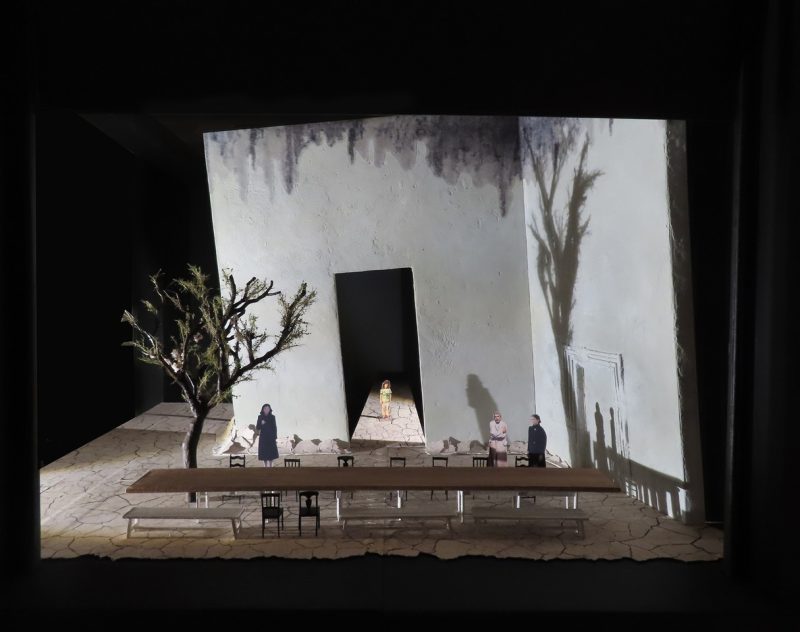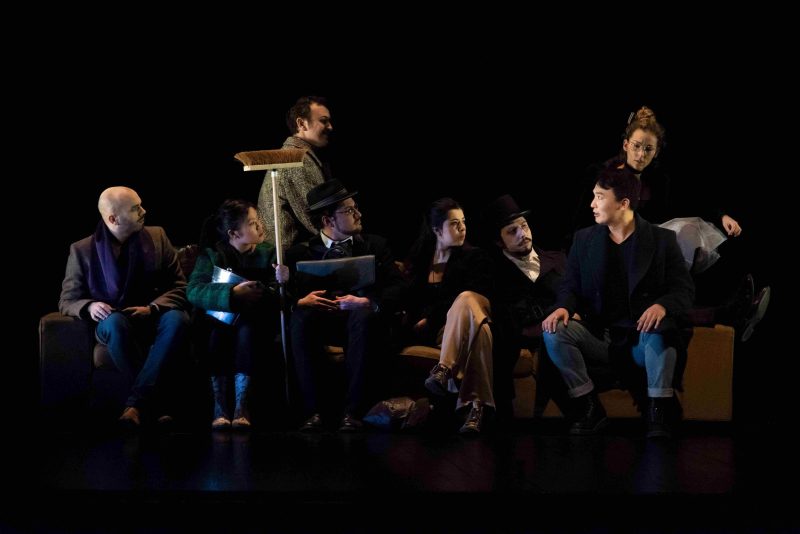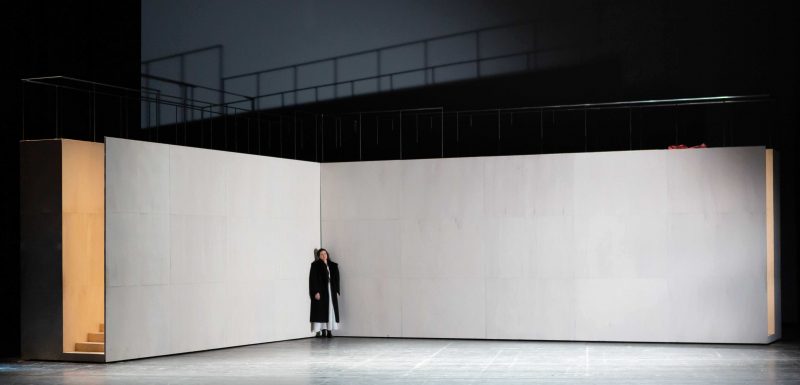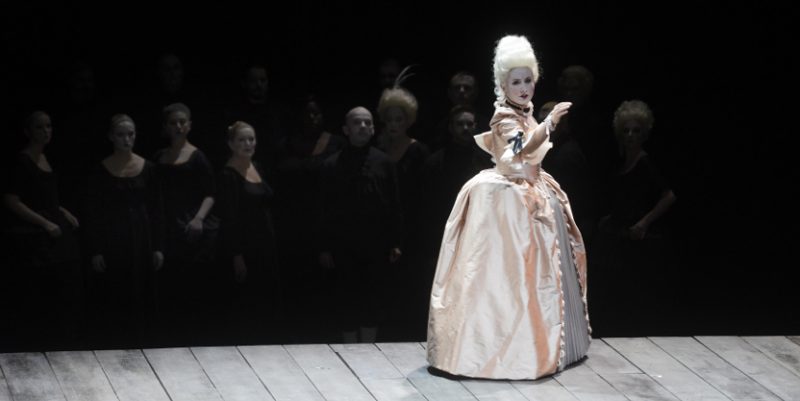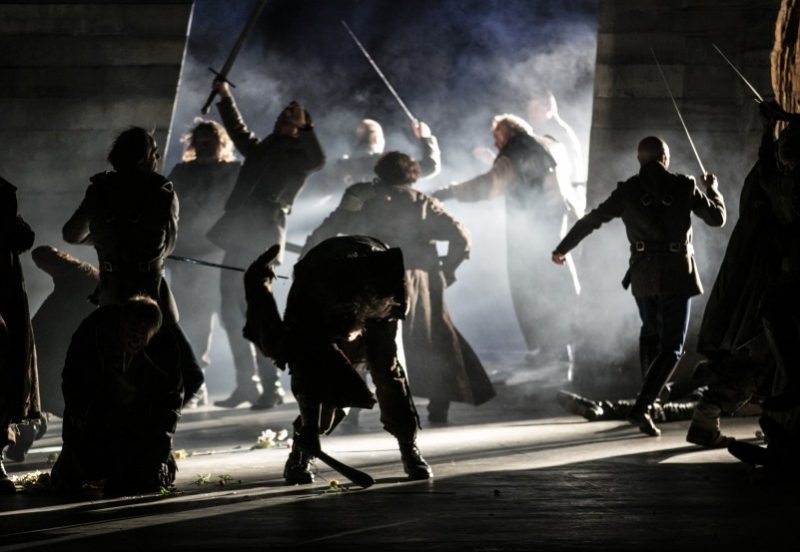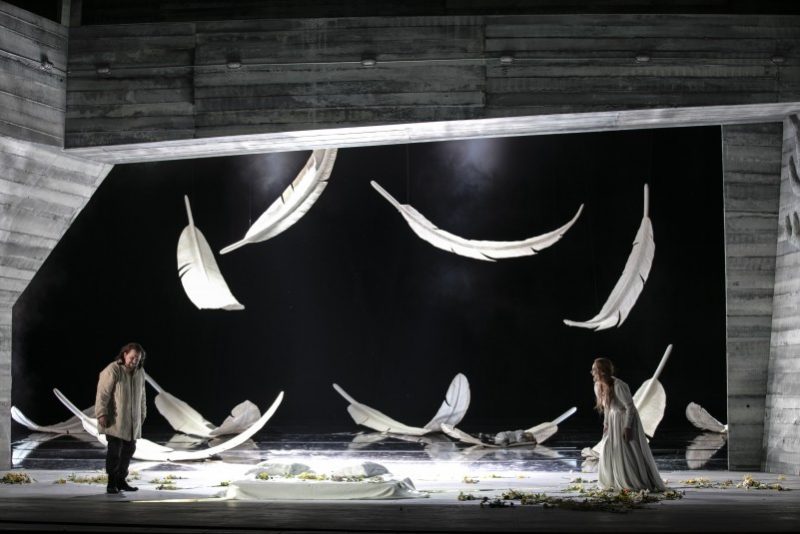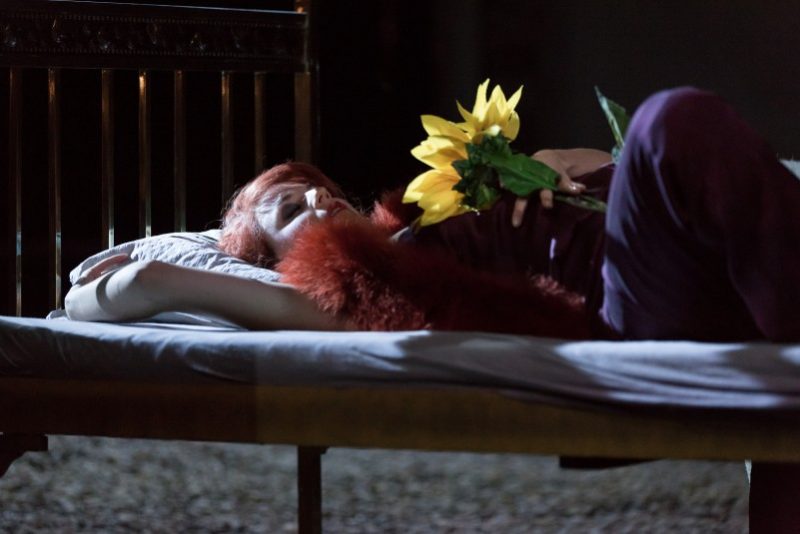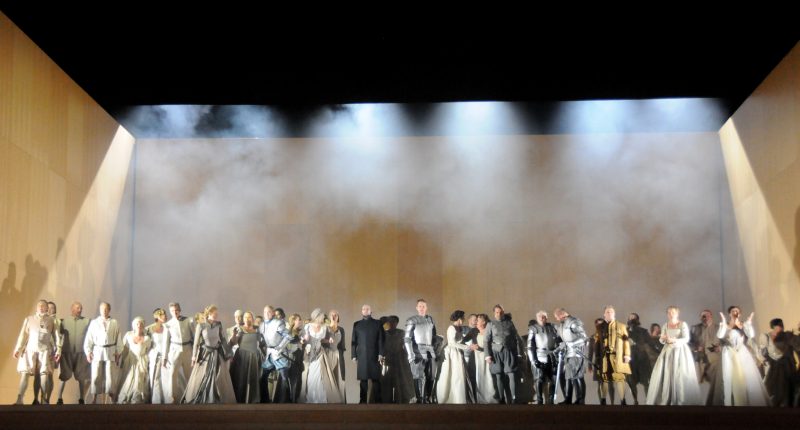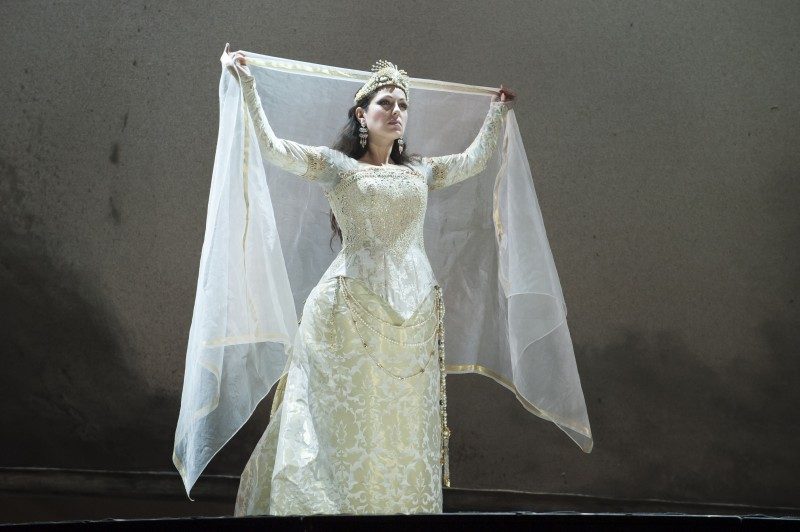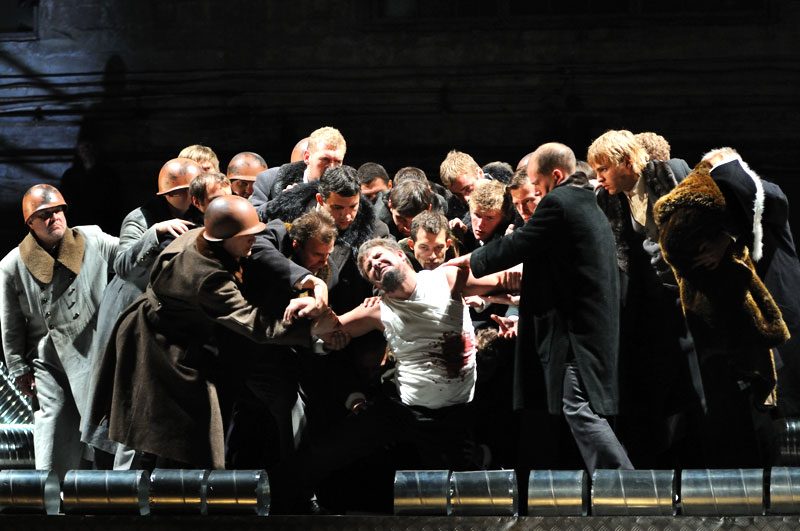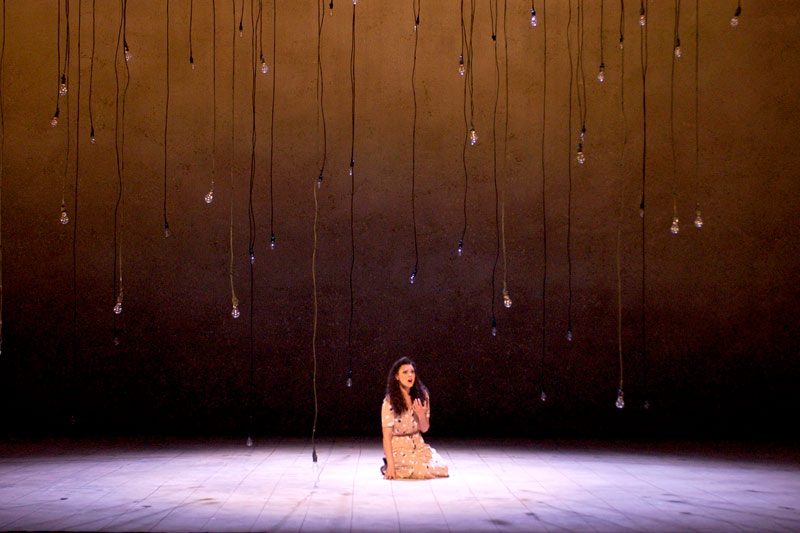Biography
Nicola Raab has in recent years gained recognition internationally as a director of
great sensitivity, detailed character work and visual flair. Her production of
Written on Skin for the Teatro Comunale Bolzano received the coveted “Premio
Abbiate” by the Guild of Italian Music Critics in 2016. In 2013, she was awarded
the Arets Reumert Prize for best Danish opera production for Otello at the Royal
Danish Opera in Copenhagen.
Most recently, she directed Macbeth for Opéra de Dijon and new productions of
Turandot for Theater Regensburg and Carlo Pallavicino’s opera Le Amazzoni
nell'isole fortunate together with Les Talens Lyriques and Christophe Rousset at
Musikfestpiele Potsdam Sanssouci. Other Productions include La Traviata at the
Komische Opera Berlin, Rusalka for the Opéra national du Rhin and Opéra de
Limoges, Ariodante for the Drottningholms Slottsteater, Jenůfa for Greek
National Opera in Athens, Il Corsaro at the Palau de les Arts in Valencia, Lakmé
at Malmö Opera, Francesca da Rimini for the Opéra National du Rhin in
Strasbourg, Elektra for the Teatro Nacional de São Carlos in Lisbon, Semiramide
for the Opéra national de Lorraine and returned to the Teatro Comunale Bolzano
for Catalani’s La Wally.
Furthermore she has recently completed a collaboration with the Conservatoire
National Superieure de Musique Paris by directing the production Die Fledermaus
together with conductor Lucy Legay and in co-operation with Philharmonie de
Paris and in the current season will create Keiser’s Ulisses for Theater Heidelberg
at Winter in Schwetzingen, also a Covid postponed project, and a co -production
with Theater Orchester Biel Solothurn.
Elsewhere, Nicola Raab has staged I Capuleti e i Montecchi in Bergen, von
Einem’s Jesu Hochzeit at the Carinthian Summer Festival, Written on Skin for
Theater St. Gallen, John Adams' A Flowering Tree at Gothenburg Opera and theTeatro Nacional de São Carlos in Lisbon, Boris Godunov at Savonlinna
Operafestival, Lohengrin at the Royal Danish Opera in Copenhagen, Beatrice and
Benedict by Berlioz and A Flowering Tree for Chicago Opera Theatre, Death and
the Maiden and The Cunning Little Vixen at Theater St. Gallen, Don Chisciotte by
Francesco Conti and Artaxerxes by Leonardo Vinci for Musikwerkstatt Wien, The
Marathon by Isidora Zebeljan for Bregenzer Festspiele, Parsifal for the Estonian
National Opera, Tristan und Isolde at the Novaya Opera Moscow, as well as
Massenet’s Thaïs at Gothenburg Opera, Finnish National Opera, Los Angeles
Opera and Valencia.
Early on her career, Ms Raab produced a series of modern works for Kammeroper
Wien, namely Moskau, Tscherjomuschki by Shostakovitch, When she died... by
Jonathan Dove and Eight Songs for a Mad King by P. Maxwell Davies, The Io
Passion by Harrison Birtwistle and Britten’s Owen Wingrave.

